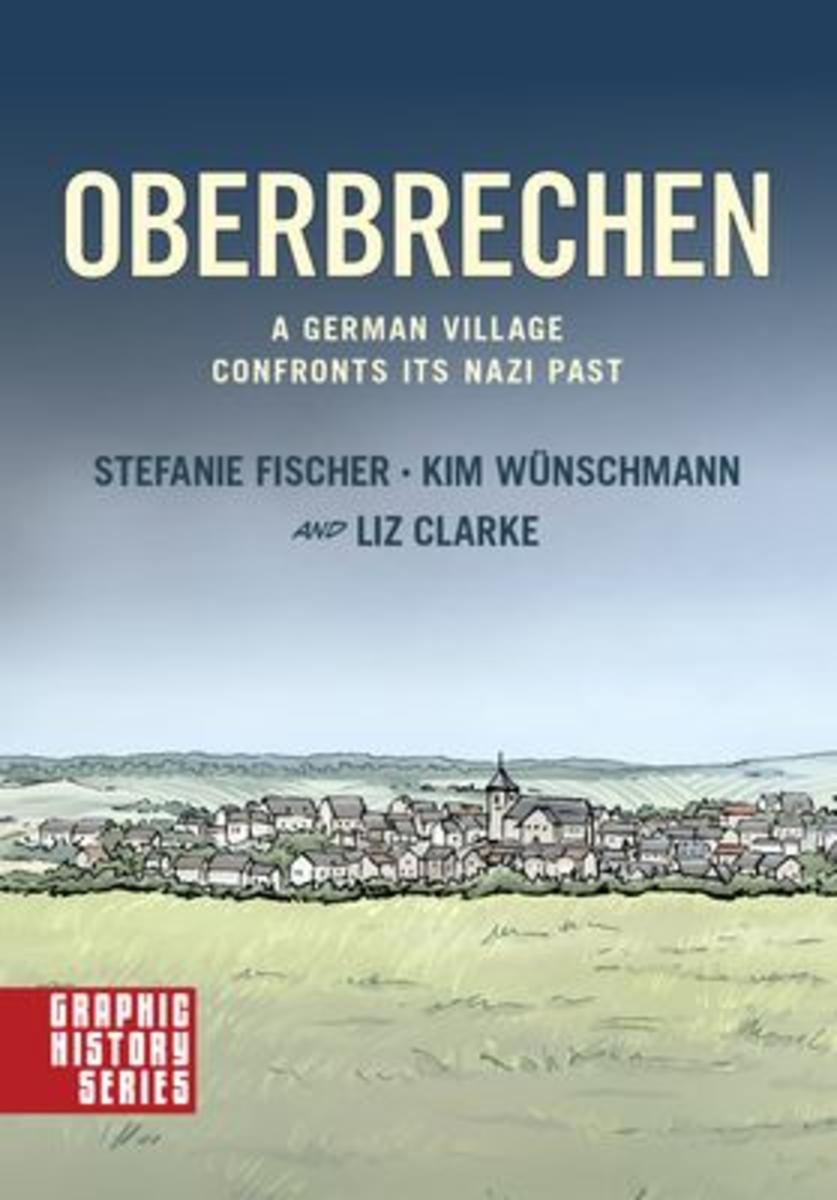
Publish Date |
October 23, 2024 |
Category |
Music |
Price |
$41.99 |
ISBN: 9780197566039
Format: Paperback
Pages: 280
Publisher: Oxford University Press
Published: October 23, 2024
"Stefanie Fischer and Kim Wünschmann are to be congratulated on writing one of the most creative and usable books on the history of the Holocaust since the appearance of Art Spiegelman's Maus. Based upon impressive historical research, this slender but packed volume represents a new way of approaching the history of the Holocaust and the still looming shadow of that terrible event." --John Efron, University of California, Berkeley"Based on deep local research, this remarkable and highly original graphic history tells the moving story of the Hessian town of Oberbrechen and how it came to face the truth of its Nazi past. With crisply written text and evocative drawing, it narrates this history as a German story, a Jewish story, and as a story of German/Jewish cooperation. An inspired work—a must read!" --Helmut Walser Smith, Vanderbilt University "This graphic history offers an engaging and moving portrayal of the experiences of and relations between Jews and non-Jews before, during, and long after the ravages of Nazism and the Holocaust. It vividly brings to life letters, newspaper articles, diary entries, and court proceedings (included in the volume) that chart the lives, displacement, murder, and attempts at evasion and reconciliation of the villagers of Oberbrechen." --Katherine R. Jolluck, Stanford University "Fischer, Wünschmann, and Clarke's exciting new graphic history grapples with the history of the Holocaust and its aftermath in a small town in rural Germany. Locally focused but global in scope, the book explores not only the web of relations between the Jewish and non-Jewish inhabitants of Oberbrechen, but also offers a compelling meditation on the tension between personal history and professional practice." --Emily Gioielli, Worcester Polytechnic Institute